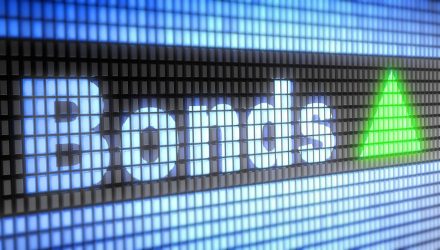There has been a tendency since the financial crisis, and in hindsight with events such as Tulip mania in the 17th century, to label any market that is rallying to the extreme or deemed overvalued to be in a “bubble.” The word has become overused and of less value consequently. However, objectively the bubble concept is still crucial in navigating financial markets. And if we look at it objectively, many experts agree that bonds really are in a bubble.
“I can’t tell you exactly how bad it’s going to get but it’s going to get bad, Because we’ve never been here before. Predictions don’t mean a whole lot and we’ve never had as many currencies at negative interest rates. $17 trillion worth of bonds, negative interest rates. It’s never existed before. And that’s a bubble. So we’re in the biggest bond bubble in history and it’s going to burst,” said Former Texas Congressman Ron Paul on CNBC.
Paul notes that many proponents of cutting rates, which run inversely with bond prices, argue that inflation is low and therefore cutting rates is not a problem. However, in the long run this could be vert damaging the former Congressman asserts.
“People say we have no inflation and I argue we have a ton of inflation. We have all that QE, and every time you lower interest rates below market levels and create new credit, that’s a bubble. That’s inflation. Sometimes it goes into buying goods and services, but sometimes it goes into buying securities, sometimes the stock market, sometimes plain old bonds. But the big bubble is in the bonds, and it won’t last. It can’t work this way, and we will do some catching up. We will join the rest of them and go to total negative rates in hopes that will be the solution,” he further explained.
While Paul certainly expects the bond bubble to burst, the timing of the event is challenging to predict in his analysis.
“It’s unknown the surprises come. They were a few surprises in 08 with Lehman Brothers in the collapse there, which I still think we are partially suffering from. No you don’t know these precise times, but you know it can happen with the inflation,” he explained.
Meanwhile, investors looking at how to protect portfolios during times of market declines and volatility could consider an ETF like the AGFiQ US Market Neutral Anti-Beta Fund (BTAL), which in general, is inversely correlated with baskets of stocks like the S&P 500.
For more market trends, visit ETF Trends.








